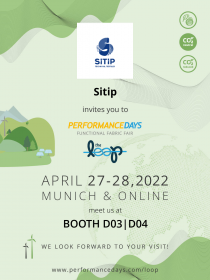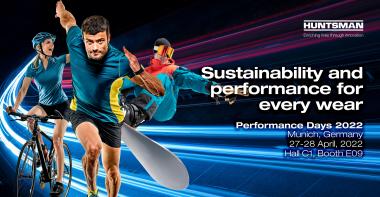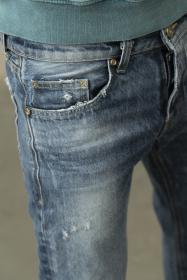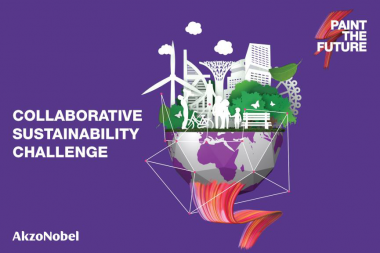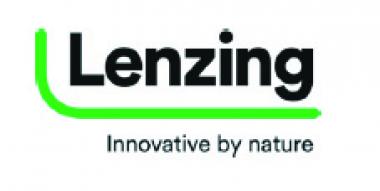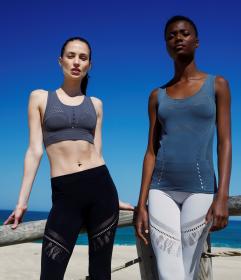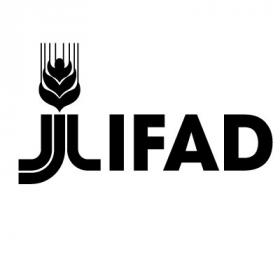Global Organic Textile Standard (GOTS) seeks public input for standard revision
The worldwide leading textile processing standard for organic fibres, Global Organic Textile Standard (GOTS), seeks public input as it begins the revision process for GOTS standard version 7.0.
As a solution for sustainability-related challenges in textile processing, GOTS sets strict and binding requirements regarding ecological and social parameters. These are updated every three years in an open and transparent revision process which fosters constant progress towards the development of better textile processing methods. In this process of continuous improvement, GOTS collaborates with all relevant international stakeholders, including the textile and apparel industry, chemical suppliers, organic farming and environmental organisations, workers' rights groups and labour unions, to ensure ongoing relevance and account for changes in the industry.
The initial period of public input runs from 14 April through 12 June. During this phase, all interested parties, including industry representatives, NGO’s and consumers, are encouraged to participate by submitting comments, feedback, and ideas through GOTS’s online portal.
“We are looking forward to receiving input from stakeholders around the world for GOTS version 7.0. This open call for feedback is part of what keeps our certification requirements up-to-date with the most cutting-edge developments in the industry,” says GOTS Managing Director Rahul Bhajekar.
Beginning in 2022, the revision process will follow the newly developed Standard Setting Procedure, which provides for the constitution of a Standard Revision Committee (SRC) for each revision. This group will serve as the pivotal force behind decisions about the revisions. The SRC consists of experts from different stakeholder groups, including associations, organisations, companies and individuals. All input received by June 12 will be carefully considered by the SRC as well as compiled and made public for an additional 30-day consultation period later this year. All drafts of the standard will also be made public. GOTS standard version 7.0 will be finalised in early 2023, and will be available on the GOTS website.
The timeline for the revision to GOTS version 7.0 is as follows:
- Constitution of GOTS SRC- April 2022
- Release of first revision draft for public consultation - 14 April 2022
- First public consultation period - 60 days (April 14 to June 12)
- Deliberations by the SRC on input received - May to August 2022
- Release of second revision draft for public consultation - September 2022
- Second public consultation period - 30 days from release
- Deliberations by the SRC on input received - October to November 2022
- Finalisation of GOTS version 7.0 - February 2023
- Release of GOTS version 7.0 - March 2023
GOTS






